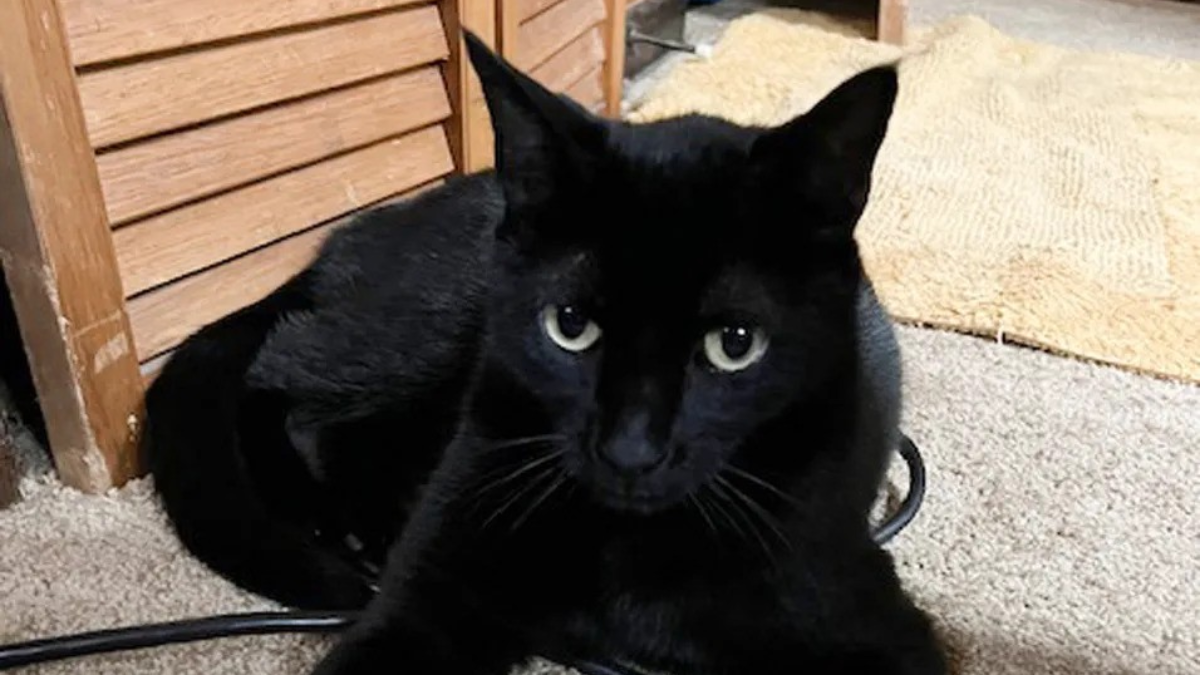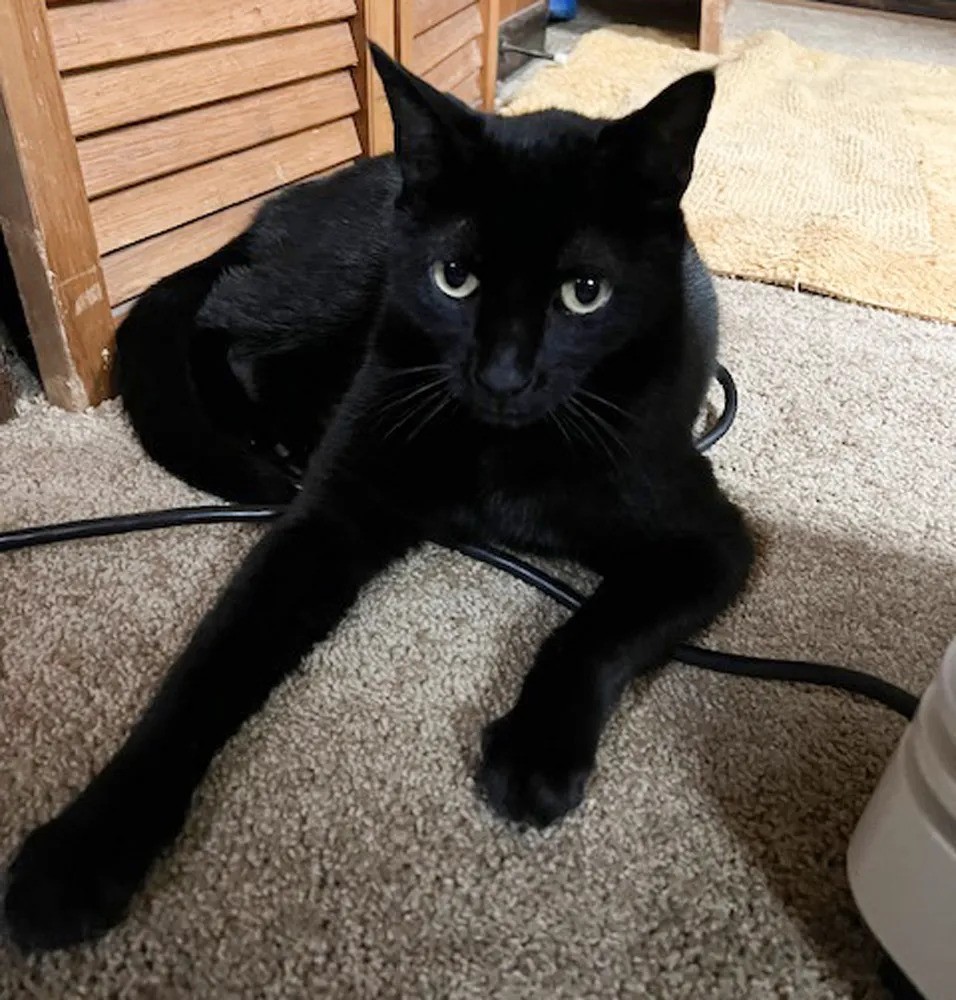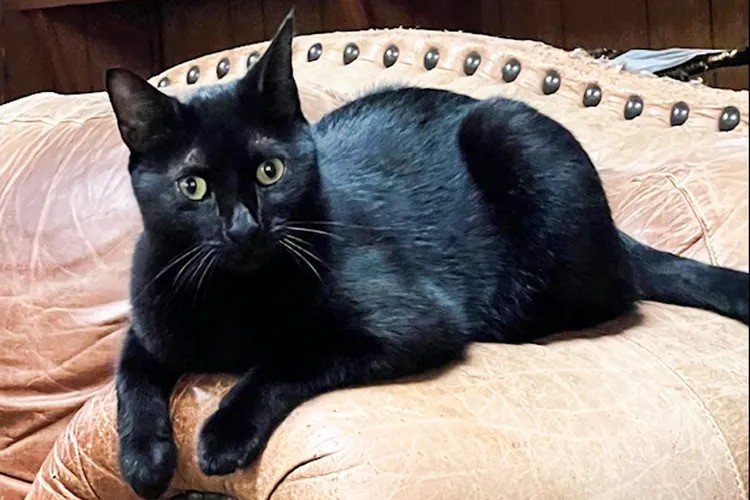📖 Table of Content:
Pepper is a seven-year-old black shorthair cat from Florida, and he’s no ordinary pet. With a knack for bringing prey back to his home’s front mat—and a dad who happens to be a virologist—Pepper has now helped scientists discover two new virus strains. Yes, you read that right: this curious kitty is contributing to cutting-edge research.
The Discovery That Followed a Little Predator
Pepper’s owner, Dr. John Lednicky of the University of Florida, has an unusual but effective research setup. Whenever Pepper drops off a carcass—often a small rodent or shrew—Lednicky collects the specimen and takes it to his lab in Gainesville. One of these gifts, a chewed-up Everglades short-tailed shrew, led to the most recent scientific breakthrough.
After analyzing the sample, the team discovered that the shrew was carrying a mutated new strain of orthoreovirus, officially named mammalian orthoreovirus type 3 strain UF-1. This virus belongs to a family that sometimes infects humans.
In many cases, infections go unnoticed, but on occasion they can cause more serious illnesses such as meningitis, encephalitis, or gastroenteritis, particularly in young children or individuals with weakened immune systems.
Lednicky and his PhD student, Emily DeRuyter, who co-authored the study, have emphasized how little is known about orthoreoviruses. Important questions remain unanswered: How common is this strain in the wild? Could it infect humans or pets? And if it does, what kind of symptoms would it cause?
Their work has only begun to scratch the surface of what this discovery means.
Already On Round Two: A History of Unexpected Help
This was not Pepper’s first contribution to virology. Just last year, he dragged home a dead mouse that turned out to be carrying a completely different novel virus, a jeilongvirus. That finding was just as remarkable, since jeilongviruses are capable of infecting multiple species and had not been documented in that specific context before.
The discovery raised new questions about how widespread these viruses are and how they move between animals.
Interestingly, Pepper himself shows no signs of illness, despite regularly coming into contact with potentially infected prey. Cats have evolved to hunt rodents and appear to be naturally resistant to many of the pathogens those rodents carry. Still, researchers are being cautious.
There is an ongoing investigation into whether these newly discovered viruses could pose risks to pets, wildlife, or even humans who live in close proximity to infected animals.
Why It Matters—and What Comes Next
Scientific discoveries often conjure images of advanced lab experiments, long hours of fieldwork, or high-tech equipment. Yet sometimes they begin in the most unexpected way—like a cat dropping off his latest hunting trophy on the doorstep. Pepper’s contributions highlight how everyday interactions with wildlife can lead to important insights that ripple far beyond one household in Florida.
Because orthoreoviruses are still poorly understood, the identification of a new strain is a valuable addition to scientific knowledge. It allows researchers to better map the diversity of viruses that exist in nature and to anticipate how they might behave if they cross into humans.
The next steps will likely involve studying the virus more closely in the lab to determine how it affects different animals, examining whether people or pets in the Gainesville area have been exposed, and monitoring for illnesses that could be linked to orthoreoviruses or jeilongviruses.
What is certain is that Pepper has already earned an unusual place in scientific history. Dr. Lednicky has even joked about adding his cat’s name to the list of authors on the study, since his “contributions” have proven invaluable.
Pepper may never know the impact of his hunting habits, but his doorstep deliveries have already pushed scientific understanding forward in ways few could have imagined. From shrews to mice, his natural instincts have provided researchers with clues about viruses that might otherwise have remained hidden. In the end, Pepper is more than just a beloved pet—he’s a reminder that even the smallest actions, whether intentional or not, can play a part in discoveries that matter to us all.
For now, Pepper continues to live his double life: ordinary housecat on one side, accidental research assistant on the other. And who knows—his next doorstep delivery might open yet another unexpected chapter in virology.


